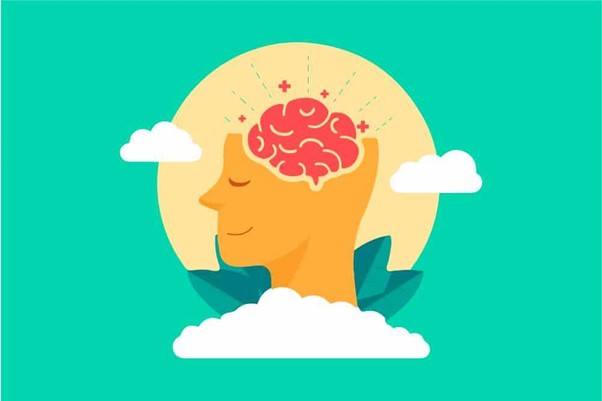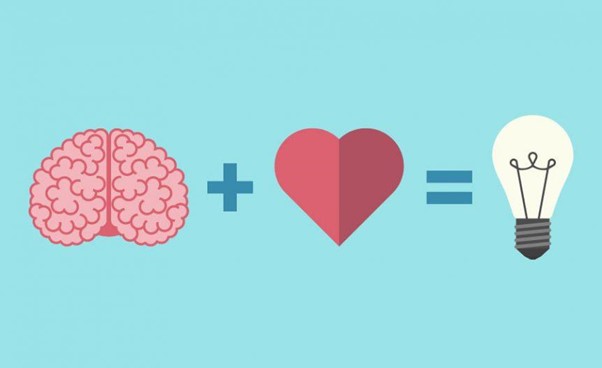
The Crossroads of Coaching: Life Versus Wellness
In our quest for personal growth and well-being, many of us seek guidance and support. Two professional roles that have emerged to meet these needs are life coaches and wellness coaches.
While these terms are often used interchangeably, they cater to distinct aspects of personal development. Let’s delve into the nuances between life coaching and wellness coaching.
Understanding Life Coaching
Definition
Life coaching is a holistic approach that focuses on an individual’s entire life. It empowers individuals to identify their personal and professional goals, overcome obstacles, and bring about positive change.
Scope
Life coaching can encompass various facets of life, such as career, relationships, personal growth, and work-life balance.
Methodology
Life coaches employ techniques from psychology, business, counseling, and mentoring. They may ask probing questions, set actionable goals, and encourage self-discovery.
Example: A life coach might assist someone feeling unfulfilled in their career by helping them explore their passions, identify potential career paths, and develop a plan for transition.
Deciphering Wellness Coaching

Definition
Wellness coaching, on the other hand, is a niche within life coaching that specifically targets an individual’s physical and mental well-being.
Scope
Wellness coaching delves into aspects like nutrition, exercise, stress management, and mental health.
Methodology
Wellness coaches draw on knowledge from the fields of nutrition, fitness, psychology, and holistic health. They aid clients in establishing and achieving health-centric goals.
Example: A wellness coach might guide someone struggling with stress by recommending mindfulness practices, creating a balanced nutrition plan, and suggesting effective exercise routines.
Key Differences
1. Focus Area:
Life Coaching: Life coaching encompasses a broad spectrum of areas including personal development, career progression, relationships, decision-making, and overall life satisfaction.

A life coach may help clients navigate significant life changes, improve communication skills, or enhance their decision-making process.
Wellness Coaching: Wellness coaching is specialized, honing in on an individual’s health and well-being. The focus here is narrower, addressing topics such as physical health, nutrition, fitness, mental well-being, and stress management.
A wellness coach might work with clients on creating tailored nutrition and exercise plans or strategies for managing mental health.
2. Methodologies and Tools:
Life Coaching: The methodologies used by life coaches are diverse and derive from several disciplines including psychology, counseling, mentoring, and even business strategy.
Life coaches may use tools like the Wheel of Life to assess satisfaction in different life areas, employ techniques from positive psychology to build resilience, or use career planning tools for those seeking professional guidance.
Wellness Coaching: The tools and methodologies wellness coaches use are often grounded in health science, nutrition, fitness, and holistic health practices.
They might employ techniques from behavioral therapy to support habit change, use biofeedback to manage stress or develop personalized fitness and meal plans based on the latest health guidelines.
3. Outcome Goals:
Life Coaching: The goals in life coaching are often broader and may include long-term aspirations such as finding one’s life purpose, achieving career success, or building fulfilling relationships. The objectives are tailored to the individual’s overall life vision and may not necessarily be health-focused.

Wellness Coaching: The goals set in wellness coaching are generally more specific and health-centric. They could include losing weight, developing a consistent exercise routine, improving dietary habits, or learning stress management techniques. The outcomes are often measurable and directly related to improving the client’s physical or mental well-being.
4. Credentials and Training:

Life Coaching: Life coaches may come from various educational backgrounds and may have certifications from different coaching institutes. Their training often includes modules on effective communication, goal-setting, and personal development strategies.
Wellness Coaching: Wellness coaches typically have training in areas such as nutrition, fitness, mental health, or other health-related fields. Their certifications might be more specialized, and they may be required to stay updated on the latest health and wellness research.
Similarities
Despite the differences, both life coaching and wellness coaching share similarities:
1. Client-Centric Approach:
Both life and wellness coaches place the client at the center of the coaching process. They tailor their approach, strategies, and goals based on the unique needs, aspirations, and circumstances of the individual. This personalized approach ensures that the coaching process resonates with the client’s values and objectives.
2. Goal-Oriented:
Life and wellness coaches are goal-oriented and work with clients to set clear, achievable, and measurable objectives. Whether it’s setting career goals with a life coach or health and fitness goals with a wellness coach, the emphasis is on creating actionable steps that lead to tangible outcomes.
3. Supportive Environment:

Both life and wellness coaches aim to create a supportive, non-judgmental, and encouraging environment for their clients. This safe space allows clients to explore their thoughts, emotions, and challenges openly, fostering an atmosphere conducive to growth and positive change.
4. Accountability and Motivation:
Both types of coaches serve as accountability partners, encouraging clients to stay committed to their goals. Regular sessions and check-ins ensure that clients stay motivated and receive guidance to overcome any hurdles they encounter along the way.
5. Focus on Self-Discovery:
Both life and wellness coaching involve elements of self-discovery. Life coaches may guide clients in exploring their passions and values, while wellness coaches might assist clients in understanding their health and well-being needs. This journey of self-discovery is crucial for creating lasting and meaningful changes.
6. Emphasis on Holistic Well-being:
While wellness coaching explicitly focuses on health, even life coaching acknowledges the interconnectedness of various life aspects. Both types of coaching understand that improvement in one area, such as physical health or career satisfaction, can lead to positive impacts on overall well-being.

7. Ethical Practice and Confidentiality:
Life coaches and wellness coaches adhere to ethical guidelines and maintain confidentiality in their interactions with clients. This professional conduct builds trust and facilitates an open dialogue between the coach and the client.
Choosing Between Life Coaching and Wellness Coaching
Your choice between a life coach and a wellness coach should depend on your unique needs and objectives:
If you seek overall guidance, clarity, and support across various aspects of your life, a life coach might be more suitable.
If your focus is primarily on health, wellness, and adopting a healthier lifestyle, a wellness coach would be the way to go.
Conclusion
Life coaching and wellness coaching are complementary but distinct approaches to personal development. By understanding their differences and similarities, you can make an informed decision about which type of coach can best support you on your journey toward personal growth and well-being.
Remember, the ultimate goal is to lead a fulfilling and balanced life, and the right coach can help you stride confidently in that direction.















